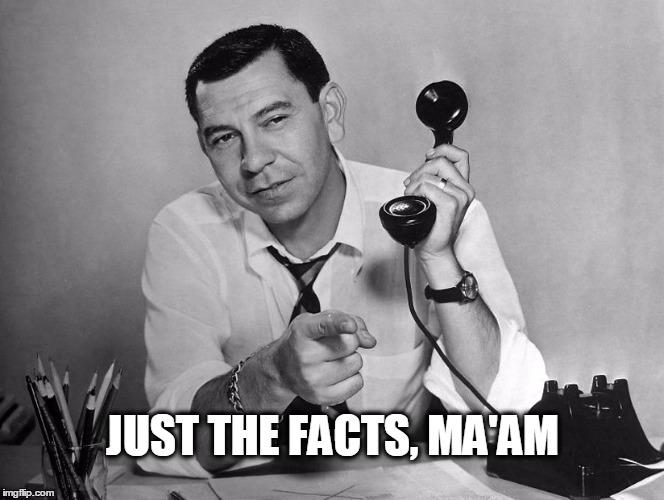Religion 358 Summer 2020 Module 2 Ro Rollings

Kinship is difficult to define. Even experts disagree. The dilemma is that an observer is limited by their own experience and training. “We don’t see things as they are; we see them as we are” is a suitable quote assigned to Anaïs Nin and Talmudic origin. Thus when Susan McKinnon critiques evolutionary psychologists such as Steven Pinker, she is shaped by her training, her world view and experiences. That Warren Shapiro would similarly counter her arguments from his completely different perspective is not surprising. Even the middle path espoused by Robert Parkin has limitations, just as a referee can only see what is in their field of view and understanding. Perhaps this is why Tibetan medical physicians quiet their minds and bodies prior to undertaking the examination of the patient. The topic of kinship in the context of bioethics is an intensely real and personal issue. As pointed out in the readings from Inhorn and Taragin-Zeller, the issues of kinship become paramount in the study of reproduction, particularly in light of the advances in medical technology. These cultural considerations are critical to acquiring and processing the data as multiple disciplines must be coordinated in order to address the real needs of diverse populations undergoing constant dynamic change and transformation. Assumptions can be blinding through any lens. In each article for Module 2, the author’s experience and research is both enlightening and limiting. The spectrum of humanity is tremendously complex and the reason there are so many different disciplines is because each context is multidimensional. In this diverse group of readings, kinship appears to be revealed as exceedingly personal. No one article or point of view can ever entirely suffice, no more than it would in any other academic discipline. As such, Susan Kahn does the best job of establishing the landscape and perspective for insight in her Introduction to her book in which she generously acknowledges her contributors, advisors and inspirations at the outset.
Addendum: “The art of medicine, is the mastery of chaos” was the leading quote to my 1984 handbook Facts and Formulas created for medical students and house-staff. Each fact and formula was cited from the original scientific articles. The final quote and warning was nested on the final page: “To be ignorant of one’s ignorance, is the malady of the ignorant.”(Amos Bronson Alcott)
Image: As Jack Webb in Dragnet remarked, “Just the facts, Ma’am.”https://www.sbs.com.au/guide/article/2016/10/12/just-facts-maam-tv-cop-procedurals-dragnet-deep-water
1. S?usan McKinnon, ?On Kinship and Marriage: A Critique?e of the Genetic and Gender Calcu?lu?s of Ev?ol?utionar?y Ps?ycholog?y,? In S. McKinnon and S. Sil?verman editors, Complexities: Beyond Nature and Nurture, 106-131 (Chicago: University of Chicago Press, 2005).
2.Warren Shapiro, ?What H?man Kinship is Primarily? Abo?ut: To?wards a Critiq?e of the Ne? Kinship St?dies.? Social Anthropology (2008) 16: 137-153.
2. a. Robert Parkin, What Shapiro and McKinnon are all about, and why kinship still needs anthropologists. Social Anthropology/Anthropology Social (2009) 17, 2 158–170
3. Marcia Inhorn, He Won?t Be M? Son: Middle Eastern Men?s Discourses of Gamete Donation.? Medical Anthropology? Q?uarterly? 20 (2006): 94-120.
4. Lea Taragin-Zeller (2019) ?Conceiv?ing God?s Children?: Tow?ard a Flex?ible Model of Reproductive Decision-Making, Medical Anthropology, 38:4, 370-383.
5. Susan Martha Kahn, Reproducing Jews: A Cultural Account of Assisted Conception in Israel (Duke University Press, 2000).
6. Anaïs Nin did employ this statement in her 1961 work “Seduction of the Minotaur”.
7. Robert Rollings, Facts and Formulas, 1984(self published)